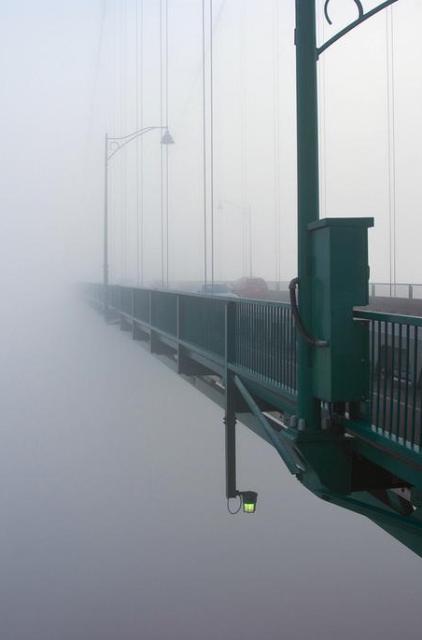I found the following, interesting view on Vancouver's current real estate market, written by respected analyst, Garth Turner, titled Narcotized. To view Garth's original BLOG

For the past five years Canadians have has a front-row seat to one of history’s greatest destructions of wealth. Trillions have been lost as the value of middle-class Americans’ homes plunged.
It’s not over yet.
The most compelling part is that, almost completely, Canadians continue to follow the same path which led to so much heartache to the south. Over-valued homes average families cannot afford. Teaser interest rates. Relaxed mortgage standards. Zero down payments. Excessive leverage. Government backstopping risk for bank lenders. Greedy sellers. Panicked buyers. Irresponsible realtors. Exploding household debt. And the mantra of, ‘buy now or buy never.’
There’s little doubt a similar conclusion awaits us. It won’t be the same, but close enough. It will leave much remorse.
The article below appeared on New Year’s Day in a major newspaper I’ll name in a moment. I have changed a name or two, to preview what you’ll be reading in Canada in a few years. — Garth
- – -
It would seem the entire city had been slipped a drink laced with a financial hallucinogen — a powerful narcotic that combined Ecstasy’s feelings of well-being with methamphetamine’s urge to be busy.
Even the city’s most accomplished business and political elites could not resist its influence. They were spaced out, convinced that the laws of the economic universe had been suspended, that housing prices could expand into space, that borrowing money was as holy as prayer.
“We thought we had a recession-proof economy, we thought we would grow forever,” says Elliott Parker, an economist.
Parker describes an “illusion, that we could create wealth from nothing, that we could keep consuming beyond our income, that housing prices would keep rising, that investments could yield high returns without risk, since we were all so clever …”
If they weren’t addicted to the drug themselves, local denizens acted as street corner touts — marketing the magical drug for a living — and were always shouting its wonders.
We were, in Parker’s words, “selling high roller fantasies to gamblers and expensive houses to people who sold their homes elsewhere for even more insane amounts of money. We thought it would continue forever, and we made no contingency plans for the alternative.”
When skeptics pointed out that perhaps a dangerous real estate bubble was forming, the crowd responded with mockery:
“The only bubble you’ll see in this market is in a Champagne glass,” a well-known real estate player said.
But in fact, here’s what was happening in the Lower Mainland real estate market: After years of slow and steady growth, a mania took hold. Home values had increased more than 35 percent in 2009 alone.
It was a classic bubble, right up there with phony Silicon Valley technology companies 10 years ago, and phony Amsterdam tulip futures 375 years ago.
This wouldn’t — couldn’t — go on forever. At some point, Vancouverites would hit their limits and the growth of tourism would slow, and we wouldn’t need so many construction workers to build condos, and then we wouldn’t need so many construction workers to build those houses for the first construction workers.
Once we didn’t need those construction workers, they would be laid off and stop making mortgage payments on their homes. And the sell-off would begin. Throw in all the Mark Carney subprime loans that borrowers couldn’t pay to begin with and you’d get a fire sale.
It’s simple logic, really. Any college freshman who got suckered into a pyramid scheme could explain the illogical underpinnings of it all. It was an economic house built without a foundation on a rocky hillside. And there it goes, into the wash.
In the reality-based world, many people knew the intensifying speculative bubble in real estate wasn’t sustainable and tried to warn others. Bill Robinson, an economist, patiently explaining to neighbors the laws of economic reality and the coming crash.
“Everybody who was independent of all this saw it coming,” Robinson says. Meaning everybody sophisticated enough to understand economic data and not a paid representative of the resort or development industries.
Which brings us back to another kind of deception, perhaps most damaging of all — self-deception.
“It’s easy to delude yourself into believing something you want to be true. And here we are,” says Mike Sloan a former realtor.
We were deceived, we were narcotized, because we wanted to be deceived. With thanks to the Las Vegas Sun.
To comment on this or any other BLOG, contact shaun or visit shaun's Century 21 website.

